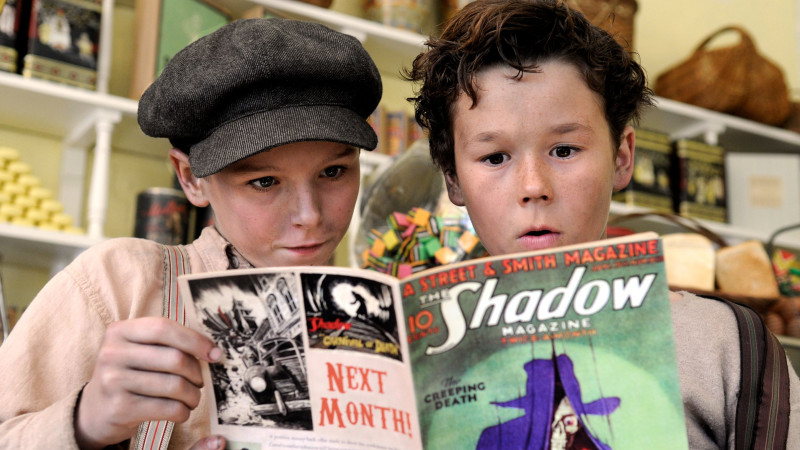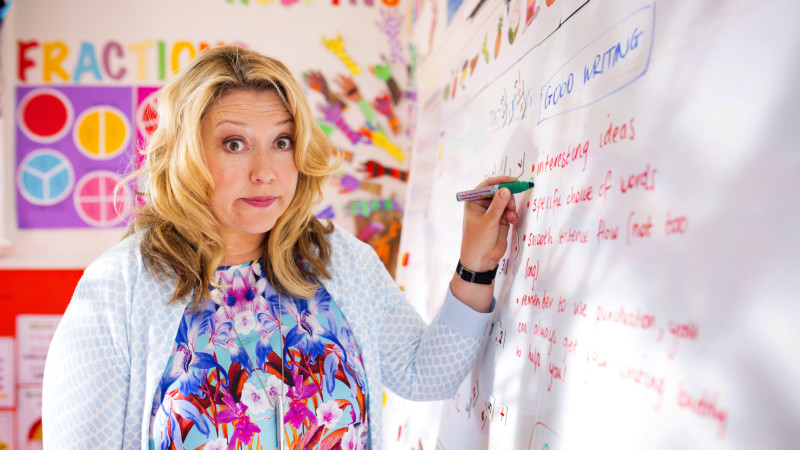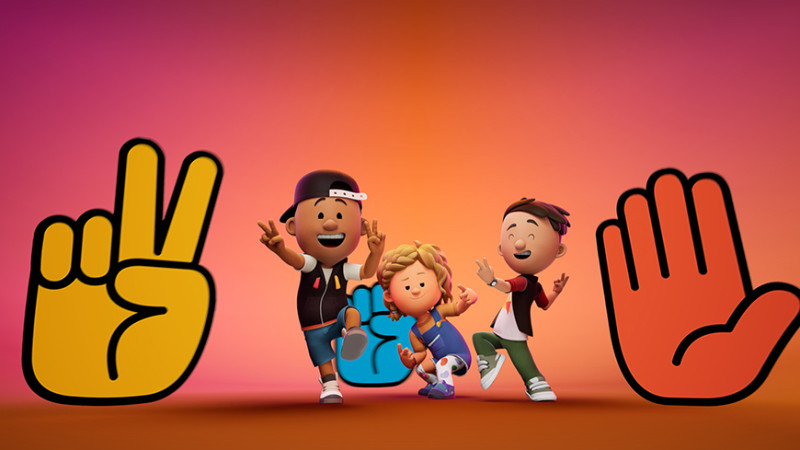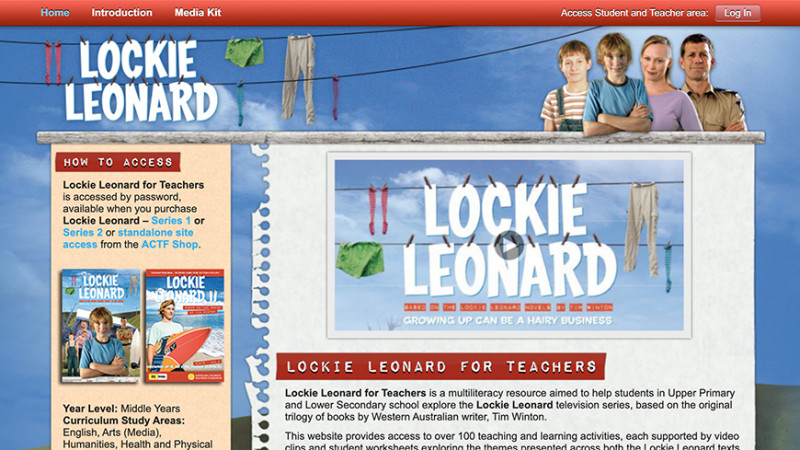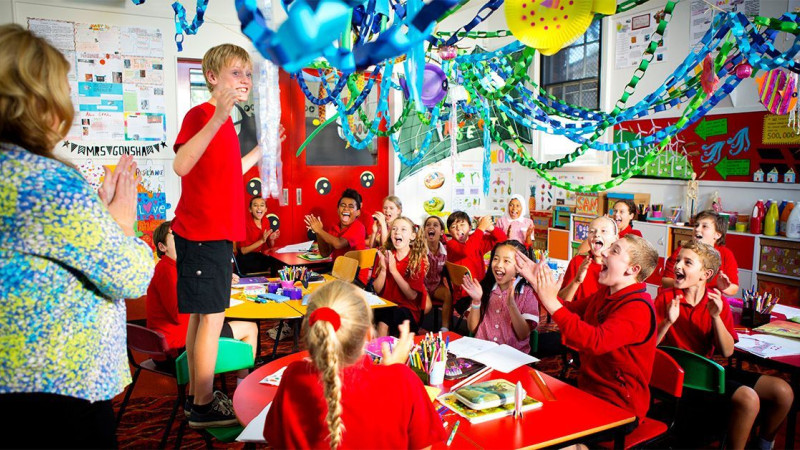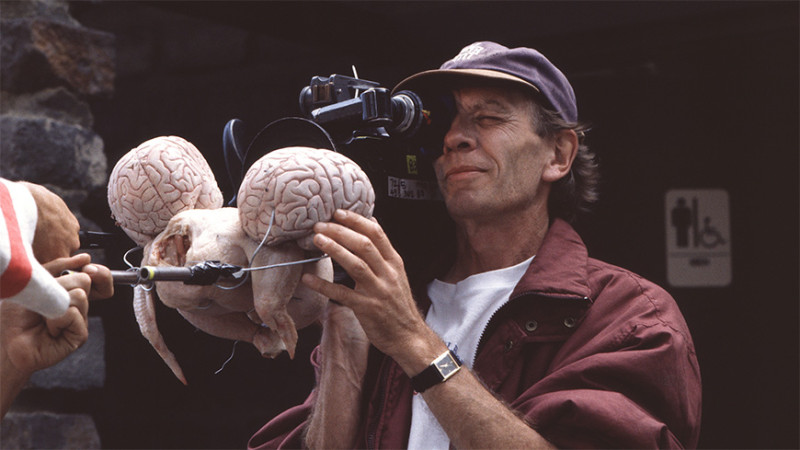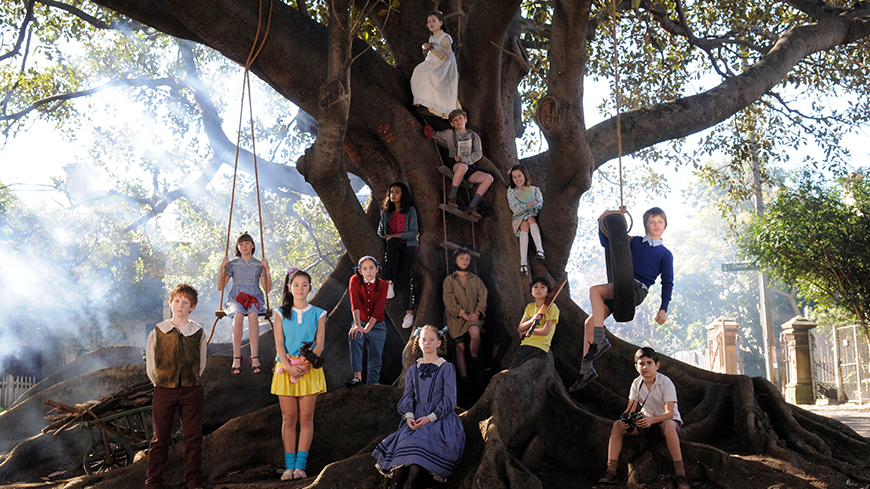
Book Week: From Page to Screen
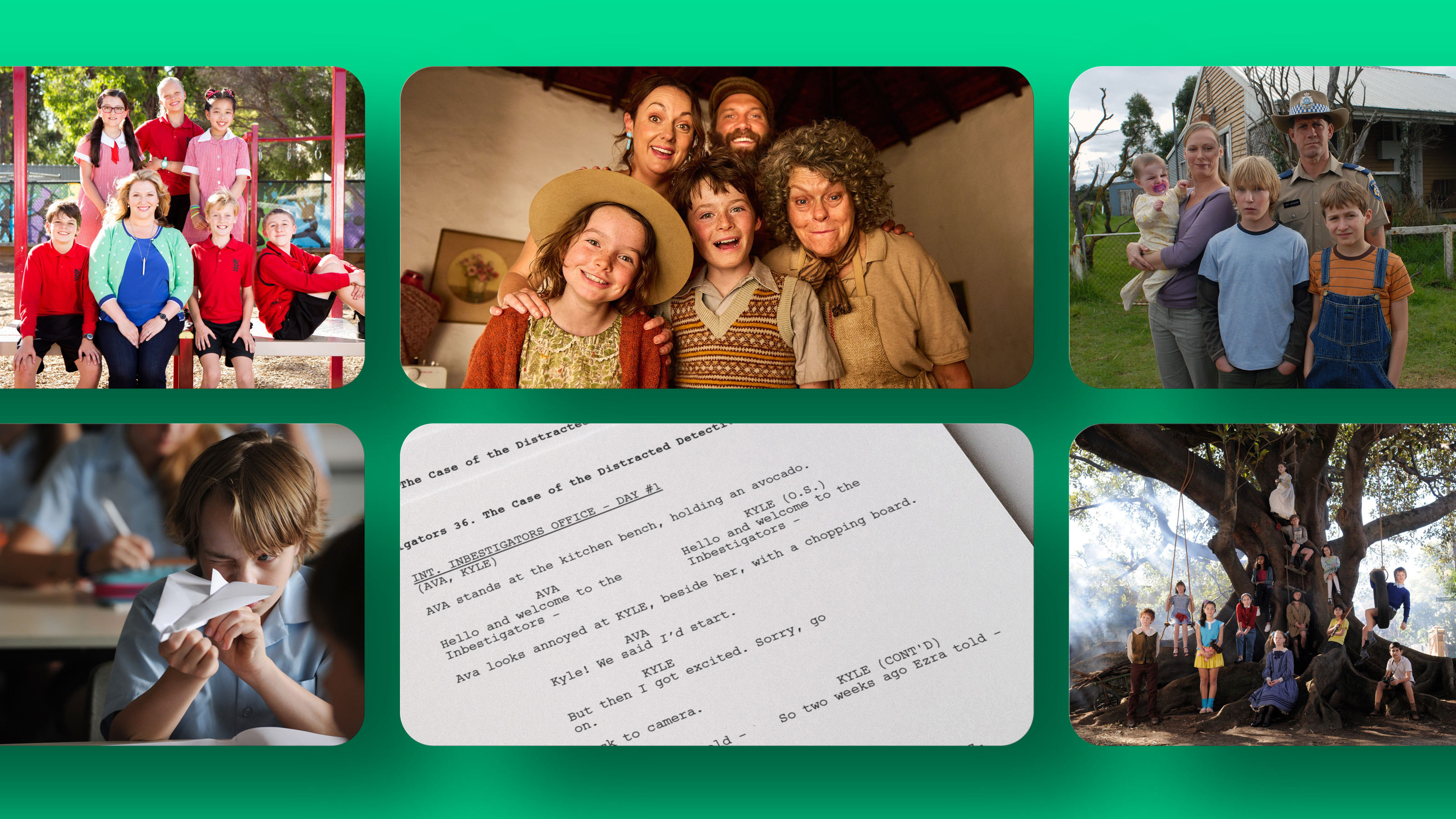
Celebrate Book Week with our range of author and creator video interviews and page to screen resources.
The value of adaptations in the classroom
Studying book-to-screen adaptations offers students a rich opportunity to explore storytelling across different media. It encourages critical thinking as students compare how characters, themes and settings are interpreted and transformed for screen.
Students develop media literacy by examining creative choices in casting, cinematography and scriptwriting while also reflecting on how these choices shape meaning and audience engagement. Adaptations also make literature more accessible and engaging for diverse learners, offering visual and emotional context that can deepen comprehension and spark interest in reading the original text.
My Place

Since its publication over 30 years ago, Nadia Wheatley and Donna Rawlins’ picture book My Place has remained a treasured favourite in Australian classrooms and homes. Adapted into a 26-part television series, My Place brings this iconic story to life on screen, sharing the experiences of diverse children who lived in the same neighbourhood across different decades. Both the book and the series explore how people and places shape personal, local and national histories. In a series of video interviews, author Nadia Wheatley reflects on how one character is portrayed differently across the two formats, discusses the adaptation process and shares insights into writing stories grounded in place and community. These resources are ideal for helping students understand adaptation and the power of place-based storytelling.
Book Week 2024 Virtual Event
Storytelling with Nadia Wheatley
Writing about Place and Time with Nadia Wheatley
We are in the process of migrating My Place for Teachers to the new ACTF Education website, which will be reimagined with improved navigation and accessibility. We kindly request your feedback through this survey to understand how and why you use the website. Your input will significantly influence our decisions as we move forward.
Share your feedback here. https://forms.gle/Zu2HcTXJxT2yfiF8A
Little Lunch

Little Lunch is a hilarious and relatable comedy series based on the much-loved books by Danny Katz and illustrated by Mitch Vane. Set during the all-important morning snack break at school, each episode brings everyday playground moments to life. In this video interview, Danny and Mitch share their creative journey in developing the Little Lunch world for both page and screen. The accompanying Little Lunch English resource links directly to the curriculum and includes a wide range of engaging tasks that support reading, writing, speaking and listening.
Little Lunch: Author and Illustrator Virtual Webinar
Eddie’s Lil' Homies
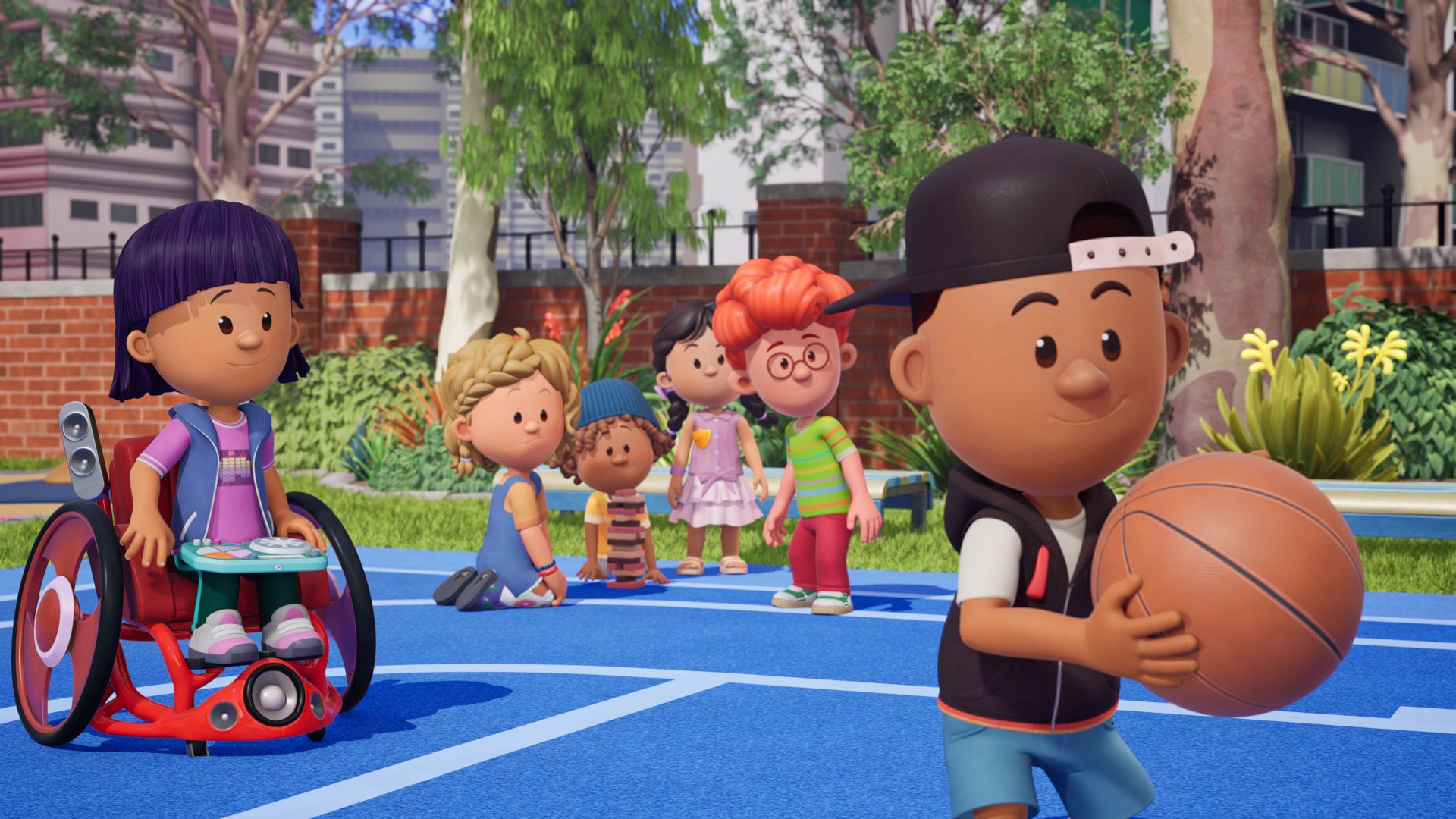
Eddie’s Lil’ Homies is a vibrant animated series based on the books written by AFL legend Eddie Betts. The stories celebrate friendship, confidence, culture and kindness. The Eddie’s Lil’ Homies Resource supports students to explore character, story and themes across both the books and the screen adaptation, with curriculum-aligned activities that build skills in English and personal and social capability. In the video interview, Eddie Betts shares the inspiration behind the series, his passion for storytelling and the important messages he hopes kids take away from his characters and their adventures.
Paper Planes

Paper Planes, the novel by Steve Worland, is based on the original screenplay co-written with filmmaker Robert Connolly. This uplifting story explores themes such as friendship, loss, connection, independence and competition. The Paper Planes Novel and Film Comparison resource offers a ready-to-use unit of work that helps students analyse how these themes are expressed in both the novel and the film. With rich learning activities that build comprehension, critical thinking and media literacy, the resource supports students to reflect on the similarities and differences between storytelling in print and on screen.
Lockie Leonard

The Lockie Leonard television series, based on Tim Winton’s beloved book trilogy, offers a rich opportunity to explore storytelling across text and screen. The Lockie Leonard multiliteracy resource supports students in comparing the original novels with their TV adaptation, encouraging analysis of character, theme and setting across both mediums. With activities designed to build critical thinking and media literacy, this resource helps students understand the creative decisions involved in adapting books for the screen.
Story Building and Scriptwriting Resources

These three resources support students to create their own book-to-screen adaptations by guiding them through key stages of the filmmaking process. Story Building and Screenwriting and Comedy Scriptwriting help students turn written stories into screen-ready scripts, offering practical tips and templates for structure, dialogue and character development. Storyboarding, VFX and SFX then brings these scripts to life, showing students how to visually plan scenes and experiment with special effects. Together, these resources build students' confidence and skills in adapting stories for the screen.
